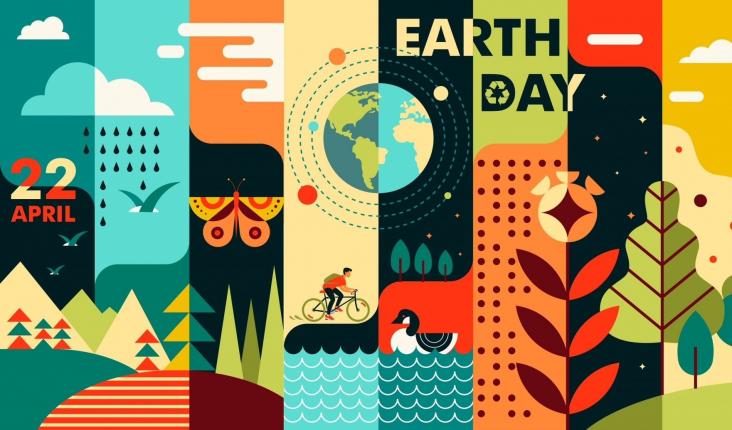The COVID-19 pandemic has uncovered and intensified existing societal inequalities.
This Research paper supports SDGs 3 and 10 by assessing ethnic differences in SARS-CoV-2 seropositivity among hospital workers. The findings showed that Black people had more than double the likelihood of SARS-CoV-2 seropositivity compared with White people, independent of age, sex, socioeconomic factors, and hospital role.
This Comment supports SDGs 3 and 10 by highlighting inequities in palliative care between racial groups, including differences in the use of palliative care services, symptom control, and the documentation and implementation of people's end of life wishes.
"
This Comment article supports SDG 3 and 10 by proposing that future studies exploring the link between racism and health inequalities are designed with more theoretically informed research questions, whose findings can more readily help tackle existing problems. Suggested areas for further research include the impact of neighourhood desegregation, increased racial diversity in labour markets, and reduced mass incarceration in diminishing racial health inequalities.
This Article supprts SDGs 3 and 10 by assessing the performance of four severity scoring systems used for case-mix determination and benchmarking in intensive care units to identify possible ethnicity-based bias. The study found systemic differences in calibration across ethnicities.
This Comment article supports SDGs 3, 10, and 17 by highlighting the need for full inclusivity and representation, and the involvement of a diverse range of stakeholders and voices, in order to successfully design solutions to global health problems and to reform the systems that are exacerbating global health inequities.
Background: Increasing access to hepatitis C virus (HCV) care and treatment will require simplified service delivery models.
This chapter supports SDGs 3, 16 by exploring the challenges confronting internally displaced persons and refugee children.

Earth Day is widely recognised as the largest secular observance in the world, marked by more than a billion people every year as a day of action to change human behaviour and provoke policy changes. This day recognises and celebrates the Earth and its ecosystems as our home and highlights the need to protect earth to enhance people’s livelihoods, counteract climate change, and stop the collapse of biodiversity. To raise awareness of Earth Day 2021, Elsevier presents a curated list of free access journal articles and book chapters in support of this year's theme - Restore our Earth.
This chapter reviews the concept of happiness and how it is defined.
